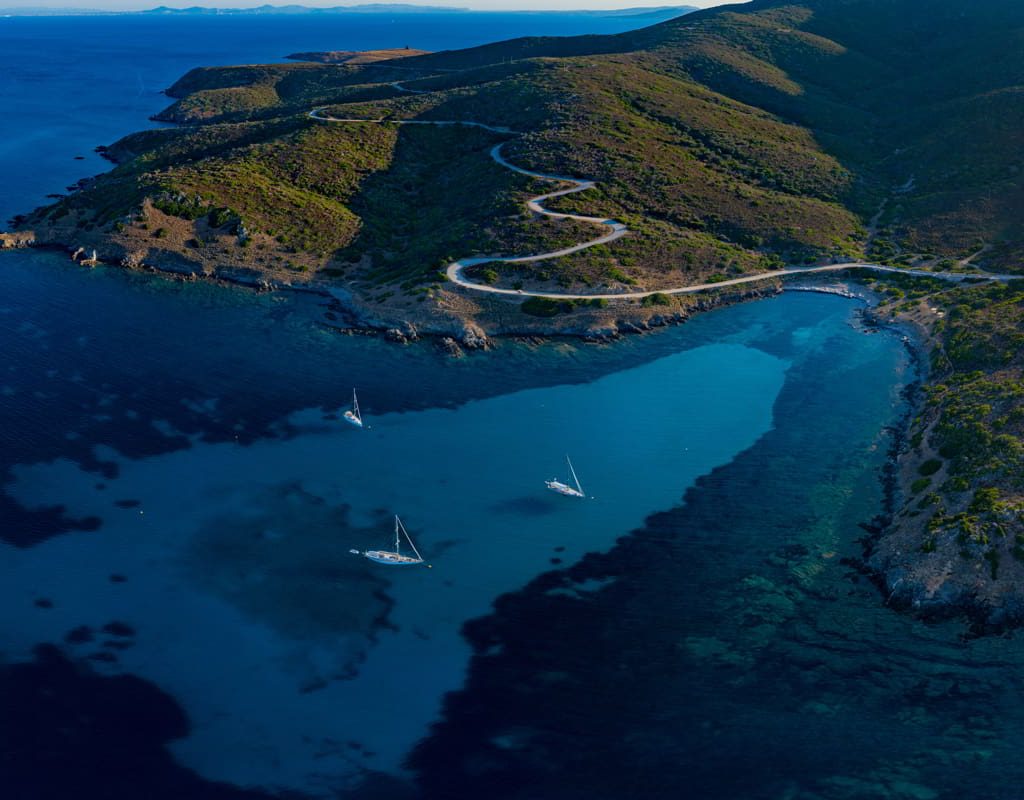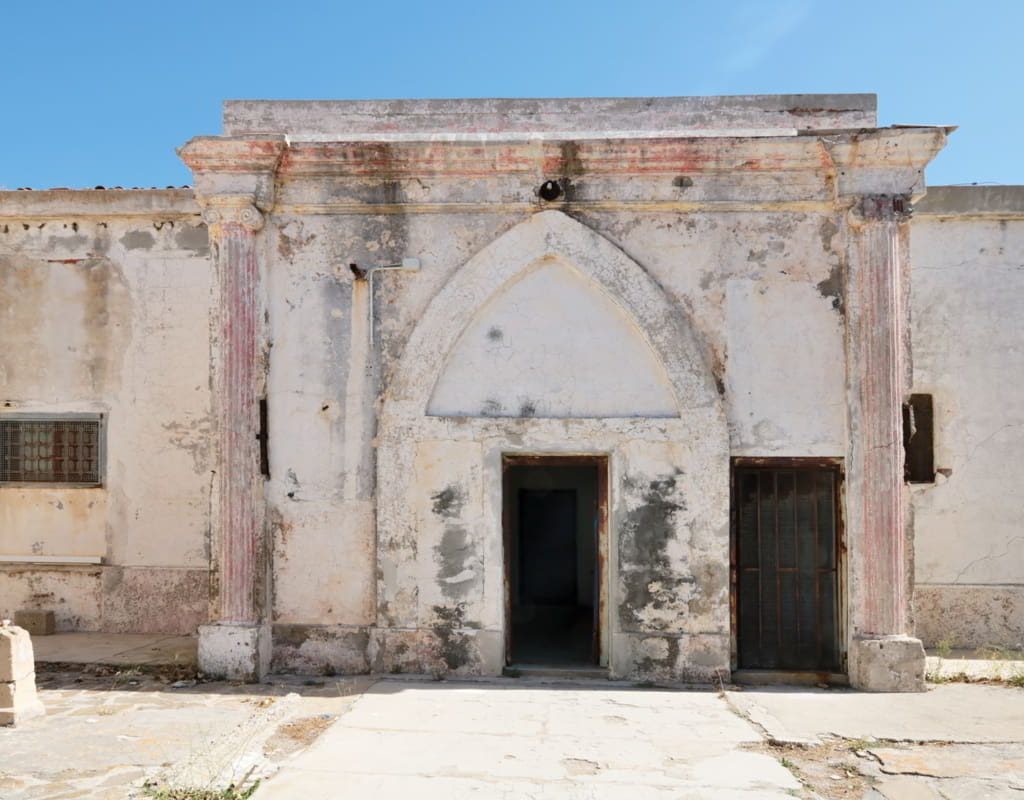L’Asinara
A Wild Paradise Steeped in History
Located at the northwestern tip of Sardinia, Asinara Island is a captivating and untamed destination, renowned for its unspoiled nature, diverse rare species, and unique history. Declared a National Park in 1997, Asinara covers over 50 square kilometres of land and 110 kilometres of coastline, offering visitors the chance to explore a natural and historical setting of extraordinary beauty.
The island is characterized by its narrow, elongated shape, with a main road stretching 25 kilometres, connecting ancient paths and thematic trails dating back to the 17th century, now enhanced for sustainable tourism.

History of Asinara: From Quarantine Station to Maximum Security Prison
In 1975, Asinara was converted into a maximum-security prison, housing some of Italy's most dangerous criminals, including members of the Red Brigades and mafia bosses like Totò Riina. The prison facilities, such as Fornelli and Cala d’Oliva, remain visible today, serving as a stark reminder of the island’s turbulent past. These sites are now accessible through guided tours, offering visitors a glimpse into this remarkable chapter of history.
The Prisons of Asinara: From the Fornelli Facility to the Cala d’Oliva Bunker
Asinara is home to a series of historic prisons, divided into various branches that housed inmates of different profiles and origins. The Fornelli prison, built in the southern part of the island, was one of the first penitentiary facilities and, in the 1970s, became a maximum-security prison. Fornelli held inmates such as Renato Curcio and members of the Anonima Sarda and is infamous for the 1977 revolt, which led to even stricter detention conditions on the island.
Another significant facility is the Cala d’Oliva bunker, which housed prominent figures such as Totò Riina and Raffaele Cutolo. Other prison structures include Santa Maria, Tumbarino, and Trabuccato, each with its unique history tied to the different periods when the island served as a penal institution.


La Natura dell’Asinara: Un Santuario di Biodiversità
Today, Asinara is one of Sardinia’s most captivating natural sites, featuring pristine landscapes and unique wildlife. The island is home to the white donkeys, a symbol of Asinara, alongside many other rare animal and plant species, such as the peregrine falcon and the Audouin’s gull.
Among the island’s trails are the Water Trail, which explores its streams and ponds; the Castellaccio Trail, leading to the ruins of a medieval castle; and the Granite Trail, which takes visitors to Cala Sant’Andrea, a strictly protected reserve area. These themed routes allow visitors to immerse themselves in the island’s natural beauty and geological history, carefully preserved under the protection of the national park.
Between History and Untamed Nature
Explore Asinara with Toucan Travel
Asinara is the perfect destination for those seeking an authentic experience, exploring breathtaking landscapes and immersing themselves in a lesser-known yet extraordinary side of Sardinia.